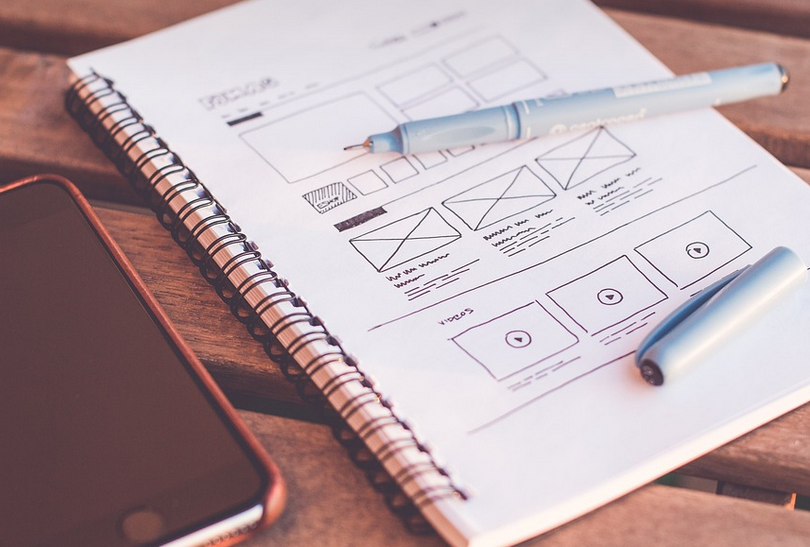
How Scientific Insights Can Fuel Action for a Better Future
It’s no secret that we live in an age of unprecedented scientific discovery, where advancements in fields like medicine, technology, and climate science are accelerating at breakneck speed. Researchers around the globe are pushing boundaries and uncovering knowledge that holds immense potential to improve our lives. But sometimes, the chasm between cutting-edge research and real-world application can feel quite wide. This is where the magic of **research to policy collaboration** comes in.
Imagine a world where groundbreaking research directly influences national policy decisions, leading to tangible changes for society as a whole. That’s precisely what research to policy collaboration aims to achieve: a bridge between the scientific community and policymakers, facilitating the translation of research findings into impactful public policies.
This collaborative effort leverages the expertise and insights of both researchers and policymakers, creating a powerful synergy that can address complex challenges facing our communities.
For researchers, collaborating with policymakers provides an unprecedented opportunity to see their work in action. It gives them a chance to truly understand how their research might be applied – or even adapted – into real-world solutions.
Policymakers, on the other hand, gain access to valuable scientific data and evidence that can inform their decision-making process. This is especially crucial when it comes to crafting policy proposals for issues like healthcare, education, transportation, and environmental protection.
However, this collaboration isn’t just about exchanging information; it’s about building trust and understanding between the two groups. It requires open communication, a willingness to compromise, and a shared vision for progress. The goal is not to dictate policy but rather to empower policymakers with the best possible evidence to make informed decisions.
For successful research to policy collaboration, clear channels of communication must be established. Think of it as a two-way street: researchers need to understand how policy decisions might impact their work, while policymakers need to know about new discoveries and breakthroughs in their field.
A collaborative approach also necessitates the development of practical solutions that can address real-world issues. For example, after extensive research on air pollution, policymakers may be inspired to implement stricter emissions regulations and invest in public transportation.
The benefits of this collaboration extend far beyond just crafting better policies. It also fosters a spirit of innovation, where researchers are encouraged to think outside the box, tackling problems from multiple angles and often discovering new solutions along the way.
Moreover, research to policy collaboration plays a crucial role in building public trust. A sense of transparency and participation ensures that citizens feel empowered and informed about decisions that directly affect their lives. When people understand why policies were made and how they are supported by evidence, it fosters a more engaged citizenry.
While there are countless examples of successful research to policy collaboration around the world, some key factors contribute towards its overall success:
- **Effective communication:** Open dialogue between researchers and policymakers is essential. Regular meetings and workshops ensure that both parties stay informed about ongoing research and can address any potential hurdles.
- **Shared understanding of goals:** Clear alignment on the desired outcomes of collaboration ensures everyone is working towards a common goal.
- **Data transparency and accessibility:** Researchers need to make their findings readily accessible to policymakers, allowing for informed decision-making.
- **Long-term commitment and patience:** Research to policy collaboration requires sustained effort and dedication. It takes time to build trust and witness the full impact of research on policy.
The future of our society hinges on translating scientific breakthroughs into tangible advancements. Research to policy collaboration is not just a beneficial practice; it’s a vital step towards building a better, more sustainable world for generations to come. By bridging the gap between knowledge and action, we can pave the way for progress and achieve collective well-being.



